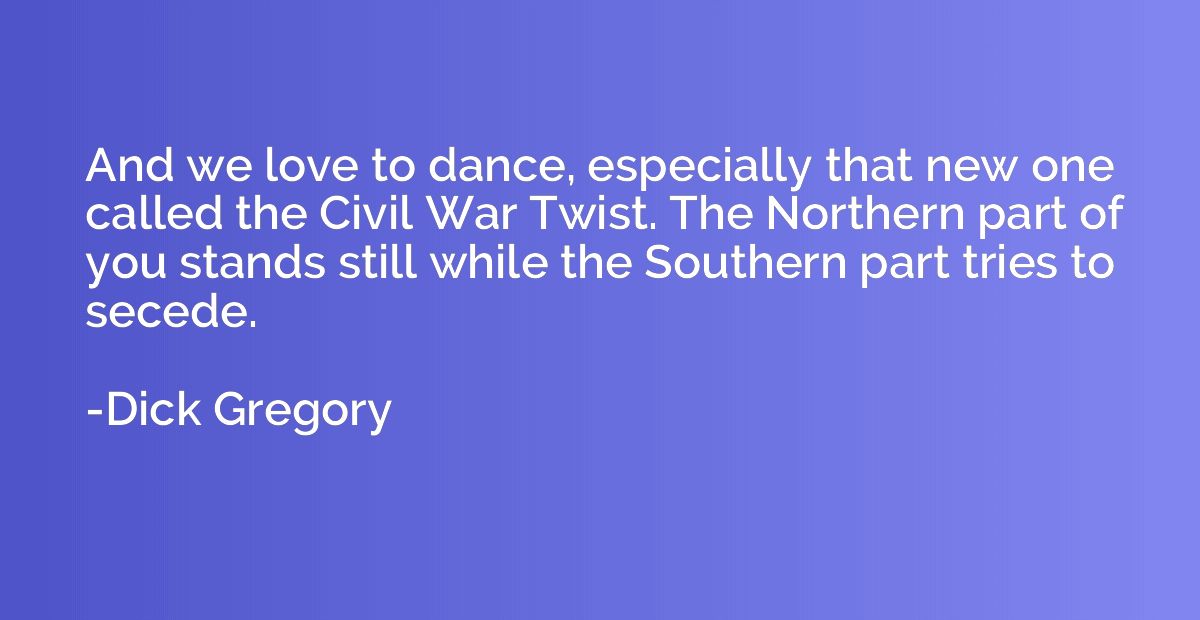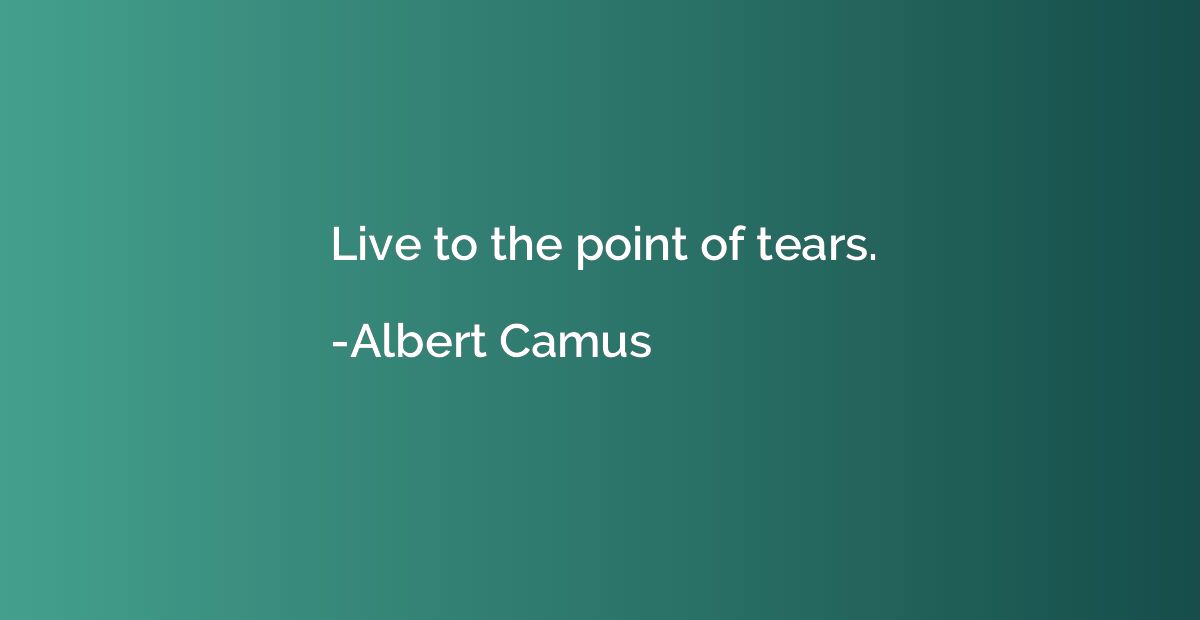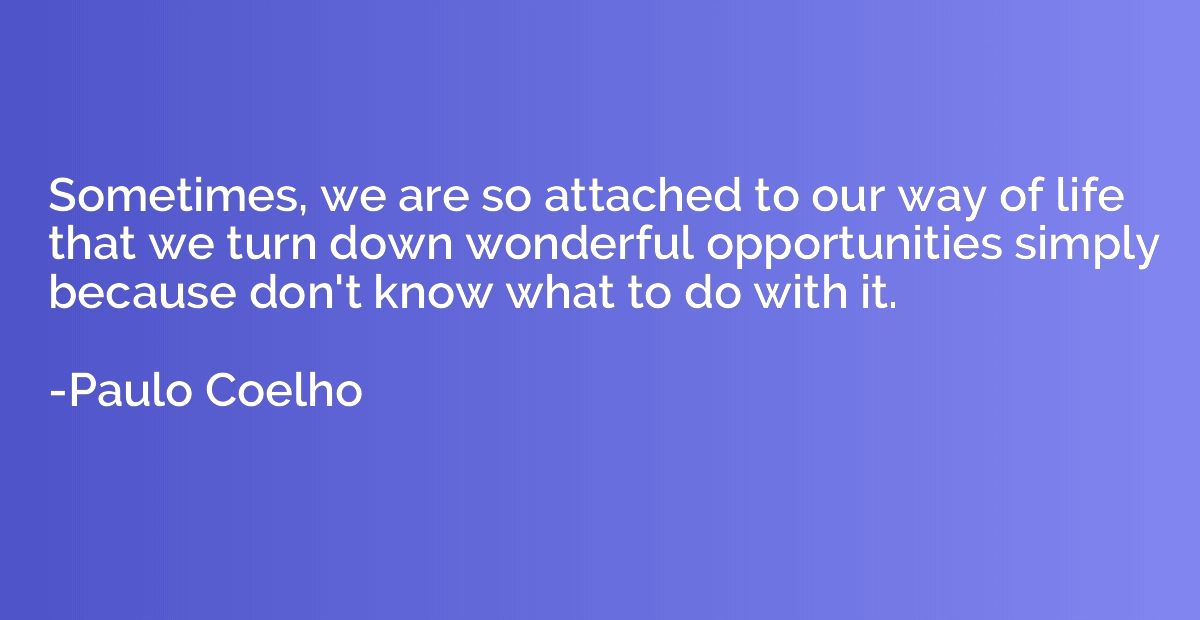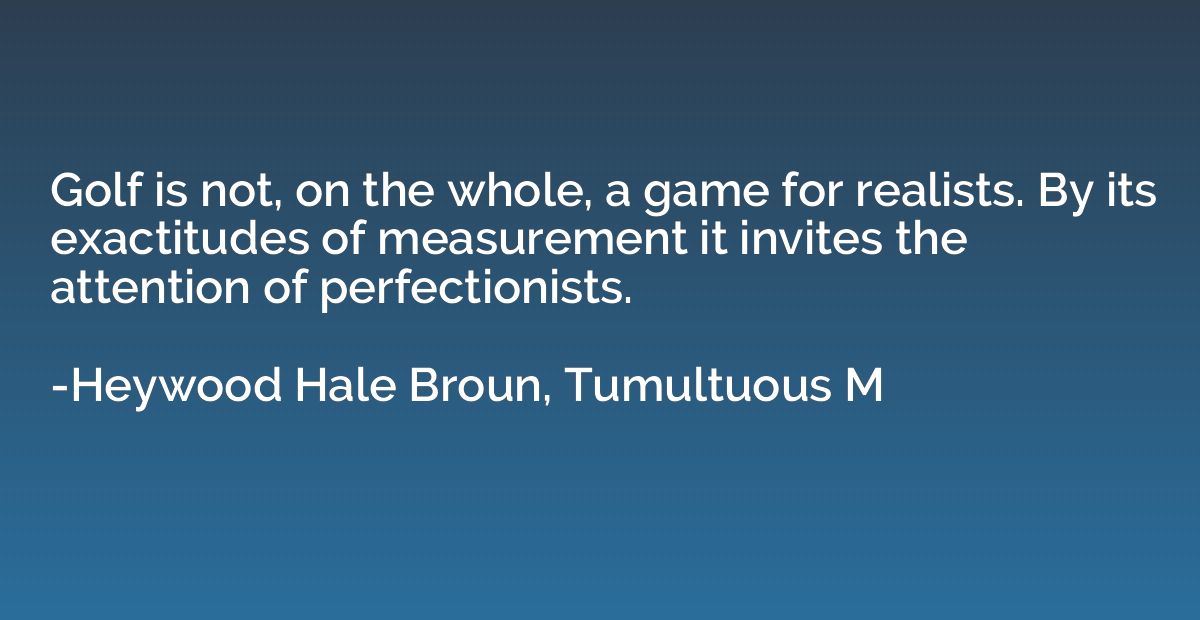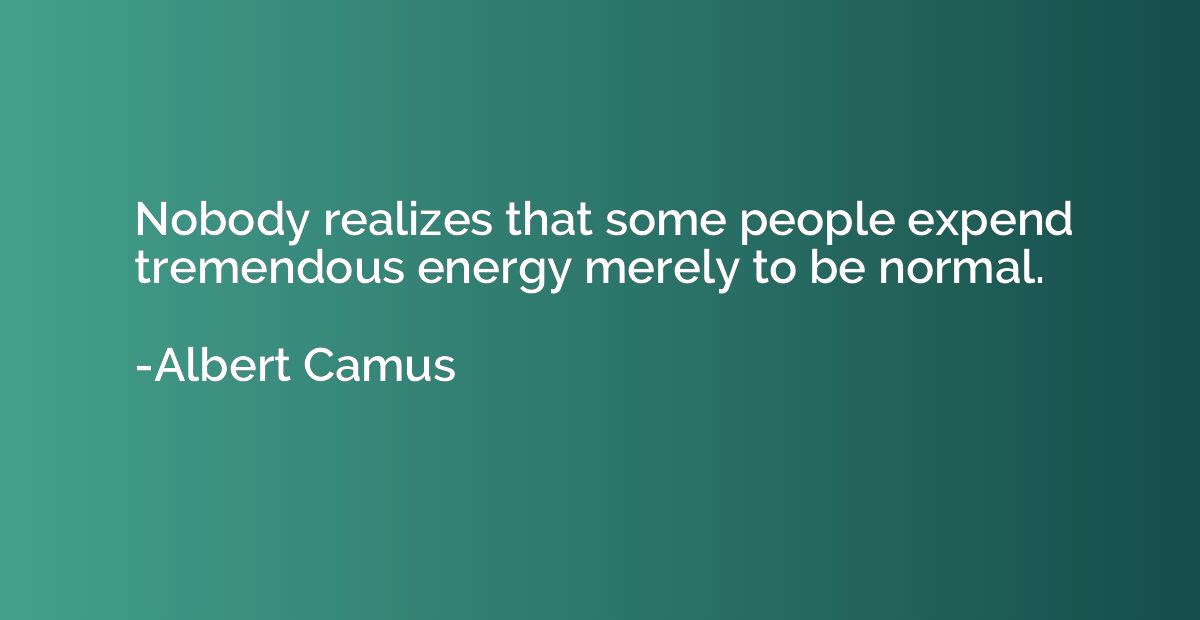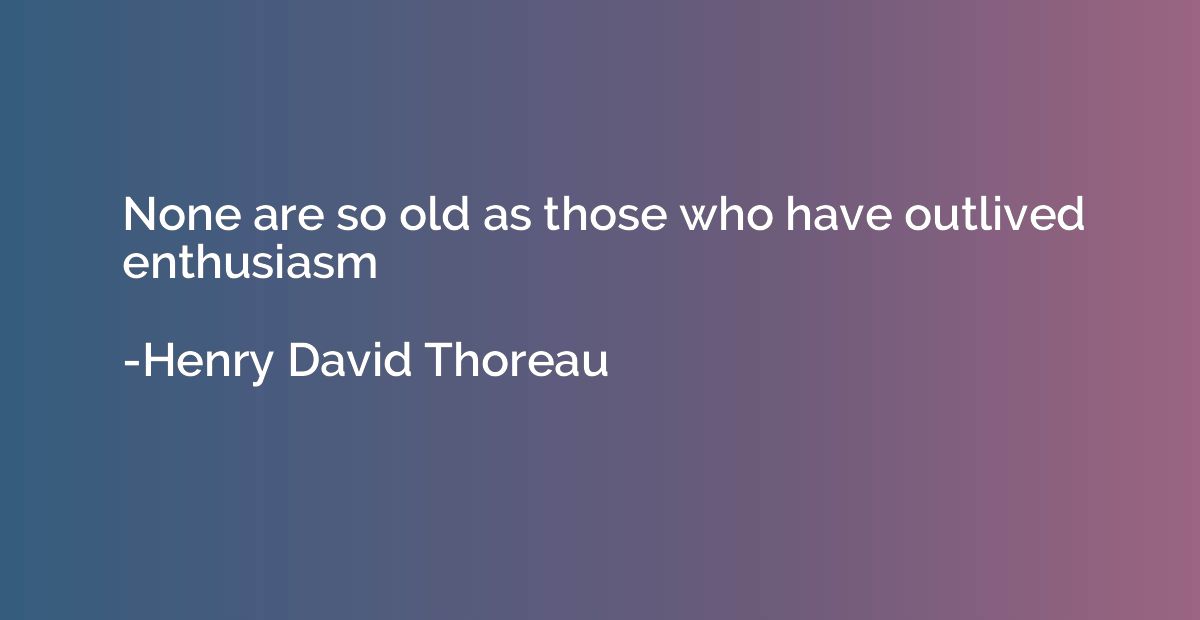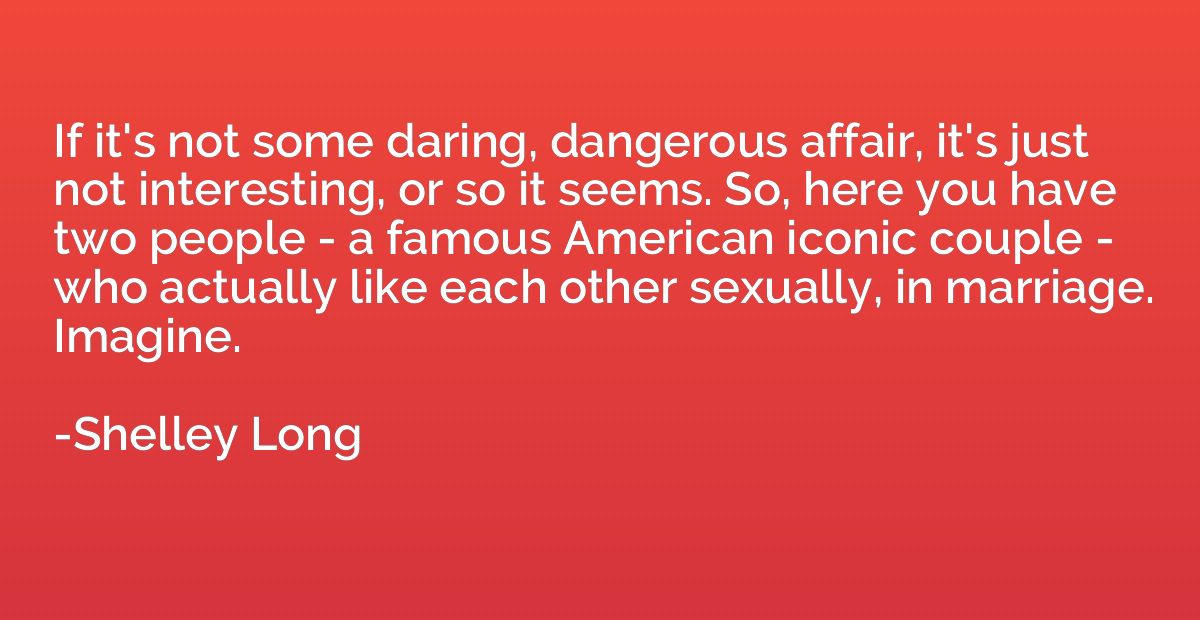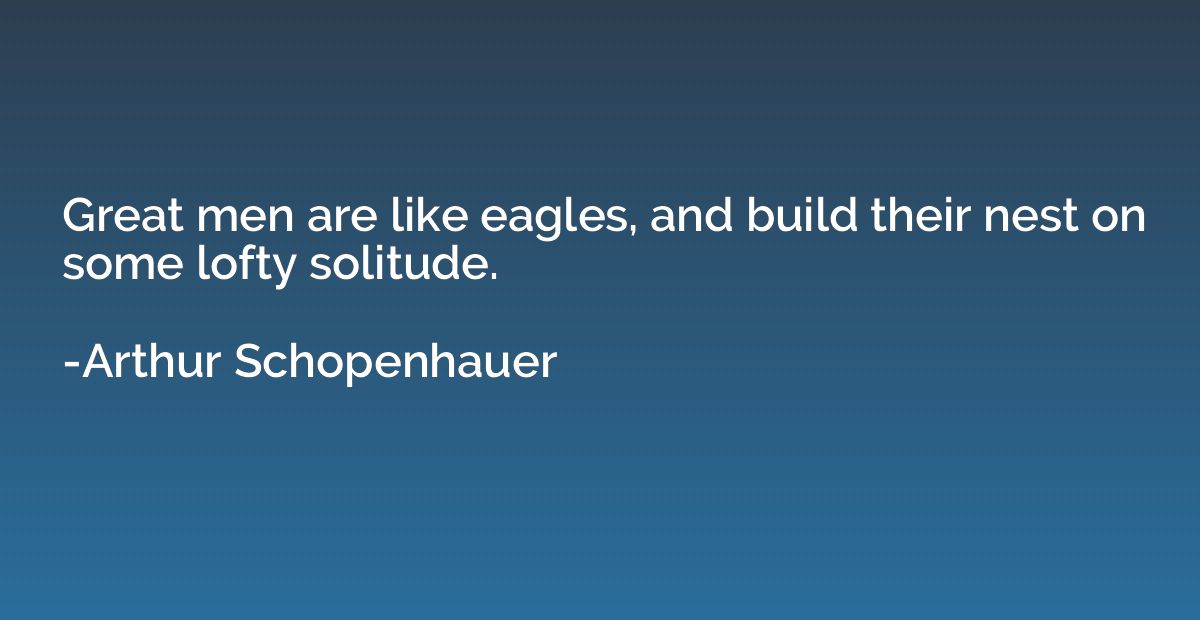Quote by William Bradford Shockley
If you take a bale of hay and tie it to the tail of a mule and then strike a match and set the bale of hay on fire, and if you then compare the energy expended shortly thereafter by the mule with the energy expended by yourself in the striking of the match, you will understand the concept of amplification.
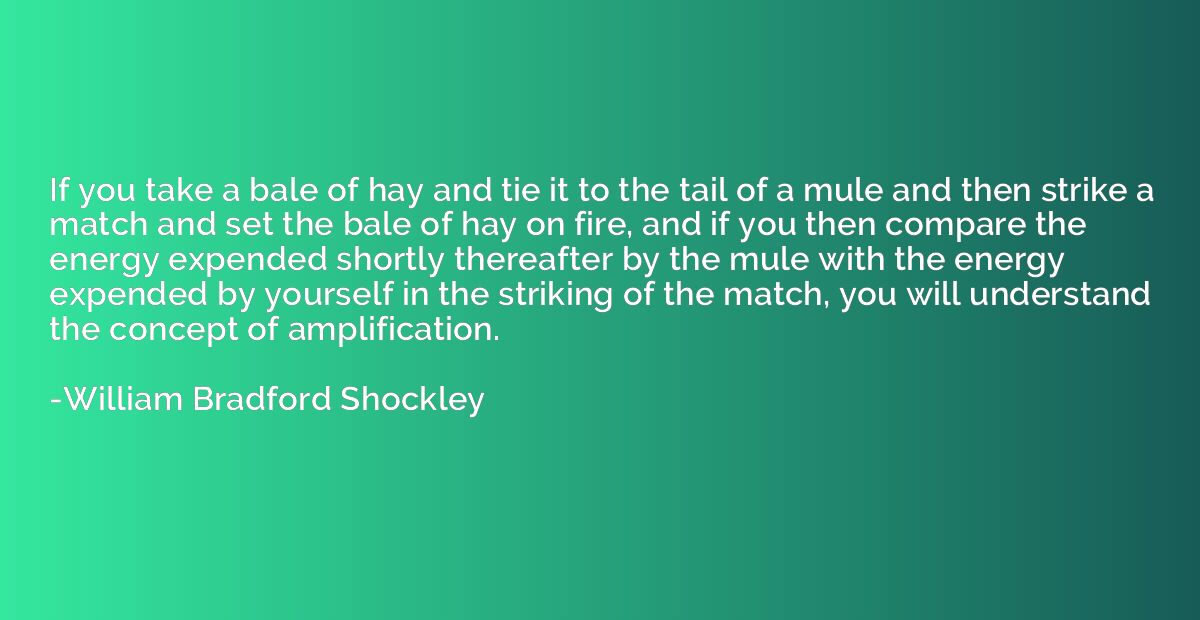
Summary
This quote serves as a metaphorical explanation of the concept of amplification. It suggests that when a small action or input is combined with something much larger or more powerful, it can result in a significant impact or outcome. Just as striking a match requires a small amount of energy compared to the immense energy released when a bale of hay is set on fire, amplification demonstrates how a small cause can generate a magnified effect. It highlights the notion that even seemingly insignificant actions can have far-reaching consequences when interconnected with greater forces or systems.



